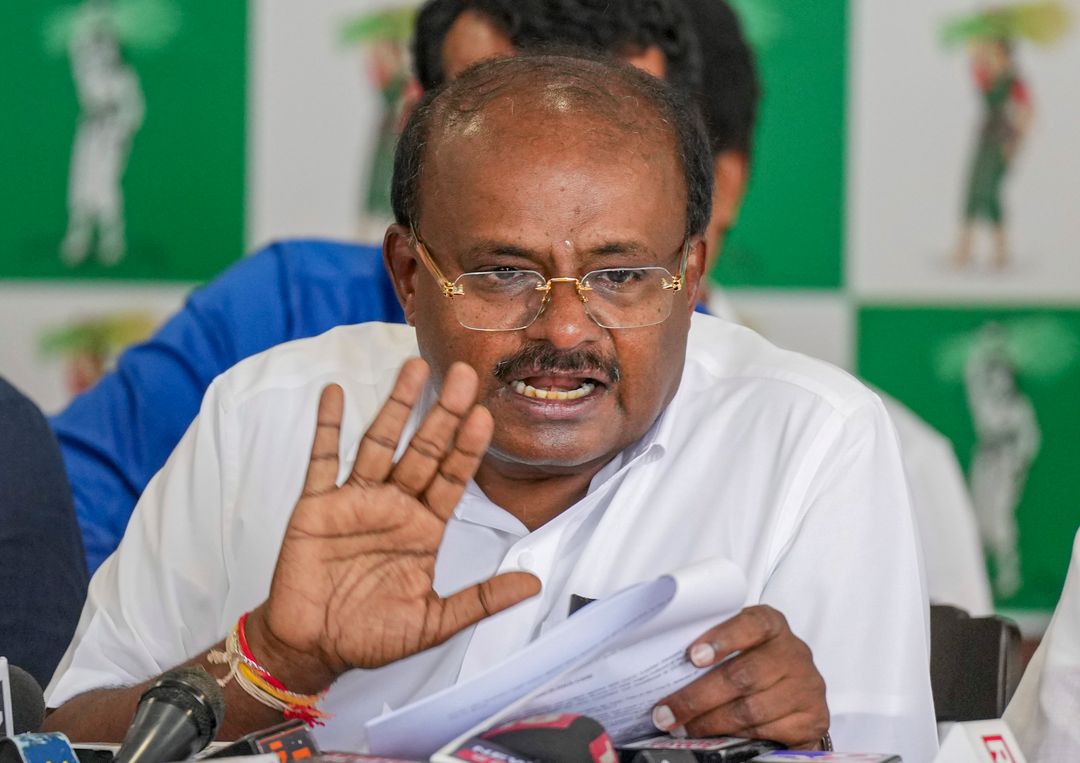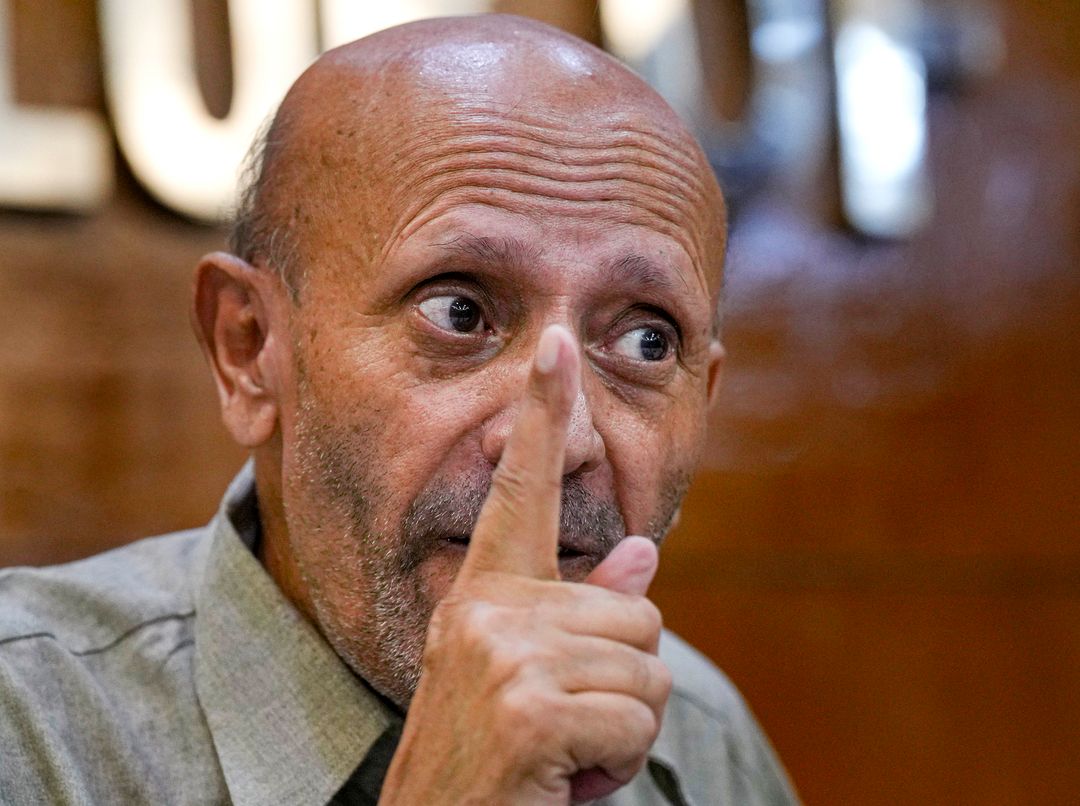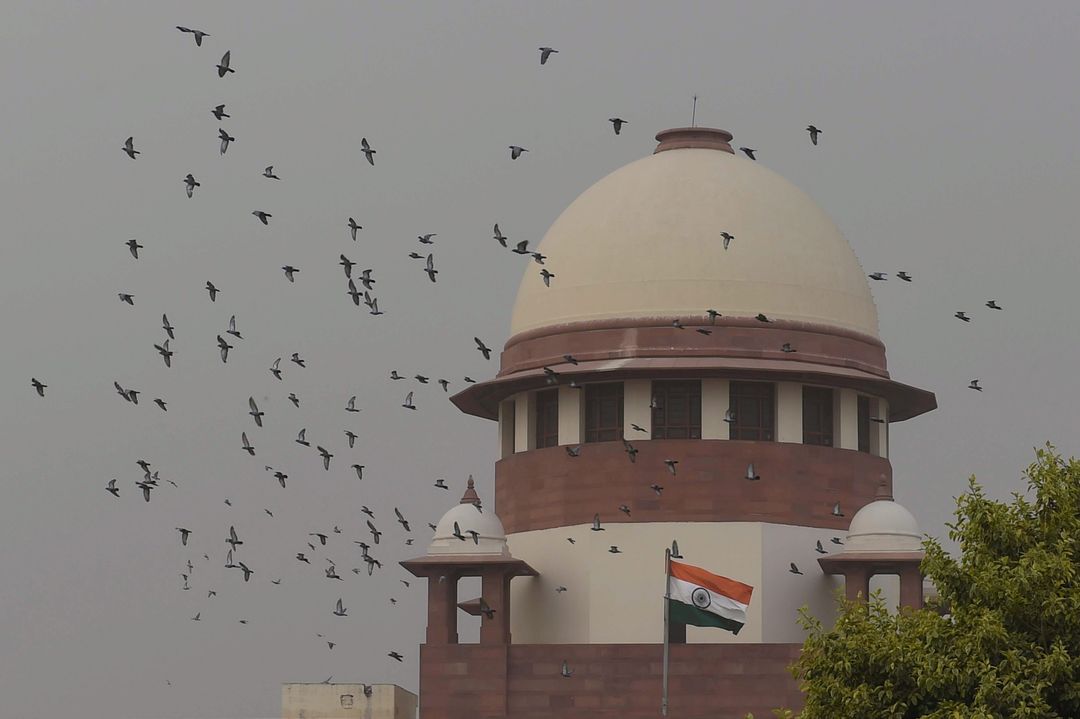New Delhi, Feb 3 (PTI) – The Supreme Court on Monday rejected a plea questioning certain provisions of the Dowry Prohibition Act, 1961, and alleging misuse of women-centric laws. A bench comprising Justices B R Gavai and K Vinod Chandran directed the petitioner’s counsel to take up the issue in Parliament, rather than before the court.
"You can go and raise all these grounds in Parliament," the bench told the counsel representing the petitioner.
The plea, filed by Rupshi Singh, sought to challenge key sections of the Dowry Prohibition Act, including Section 2, which defines dowry, and Section 3, which stipulates penalties for giving or taking dowry. The petitioner argued that these provisions were detrimental to men and were being misused.
Additionally, the public interest litigation (PIL) raised concerns about other laws, such as the Protection of Women from Domestic Violence Act, 2005, and the provision on cruelty to women under the erstwhile Indian Penal Code (IPC). The plea alleged that these laws discriminated against men and lacked a fair legal framework.
The petitioner contended that there was malice in the law, citing unreasonable provisions that, in their view, were being exploited by women to file false complaints. The plea also claimed that the Dowry Prohibition Act was discriminatory on religious grounds, further challenging the women-centric nature of the Protection of Women from Domestic Violence Act.
Despite these arguments, the Supreme Court refused to entertain the petition, reaffirming that such policy issues should be addressed by lawmakers in Parliament.
"You can go and raise all these grounds in Parliament," the bench told the counsel representing the petitioner.
The plea, filed by Rupshi Singh, sought to challenge key sections of the Dowry Prohibition Act, including Section 2, which defines dowry, and Section 3, which stipulates penalties for giving or taking dowry. The petitioner argued that these provisions were detrimental to men and were being misused.
Additionally, the public interest litigation (PIL) raised concerns about other laws, such as the Protection of Women from Domestic Violence Act, 2005, and the provision on cruelty to women under the erstwhile Indian Penal Code (IPC). The plea alleged that these laws discriminated against men and lacked a fair legal framework.
The petitioner contended that there was malice in the law, citing unreasonable provisions that, in their view, were being exploited by women to file false complaints. The plea also claimed that the Dowry Prohibition Act was discriminatory on religious grounds, further challenging the women-centric nature of the Protection of Women from Domestic Violence Act.
Despite these arguments, the Supreme Court refused to entertain the petition, reaffirming that such policy issues should be addressed by lawmakers in Parliament.



